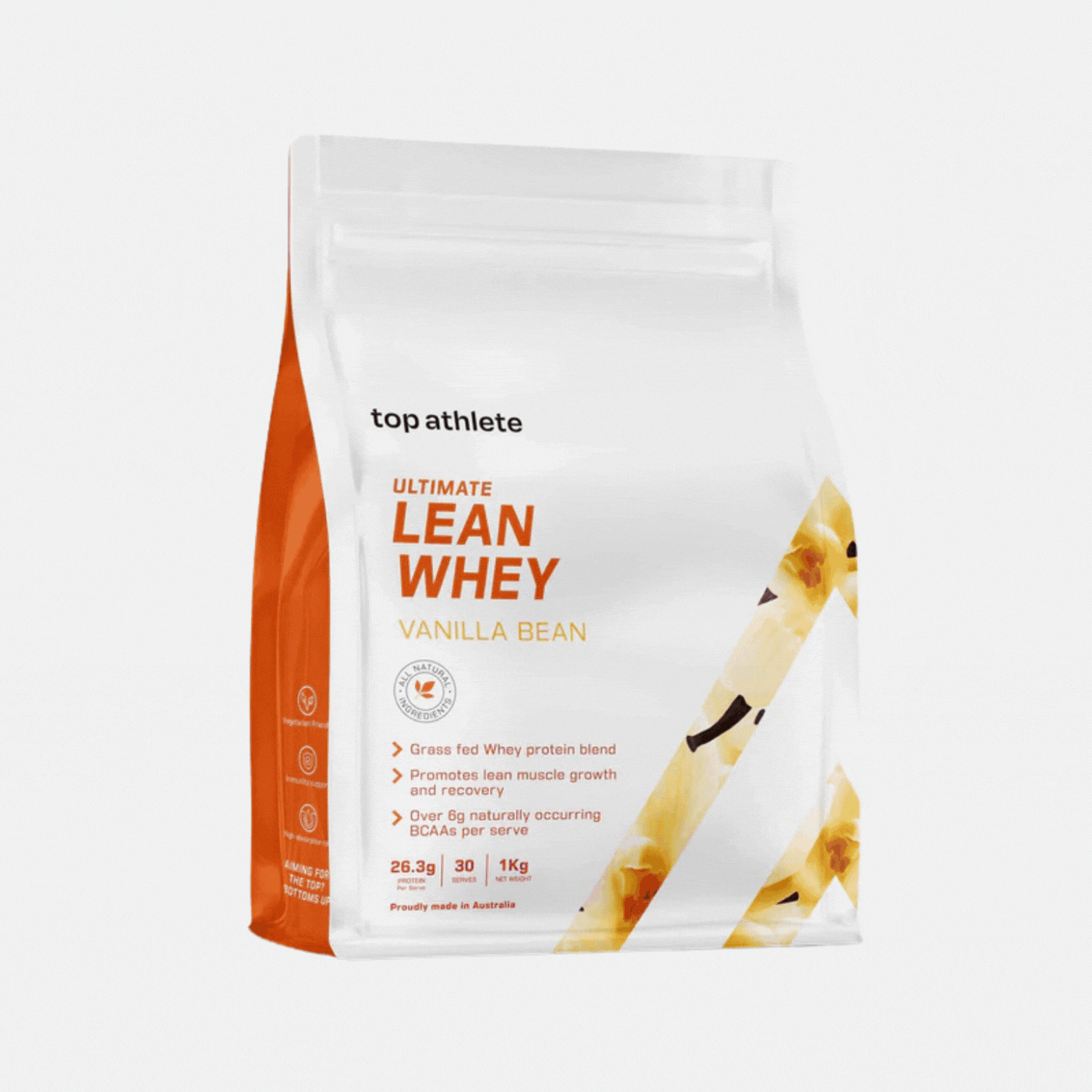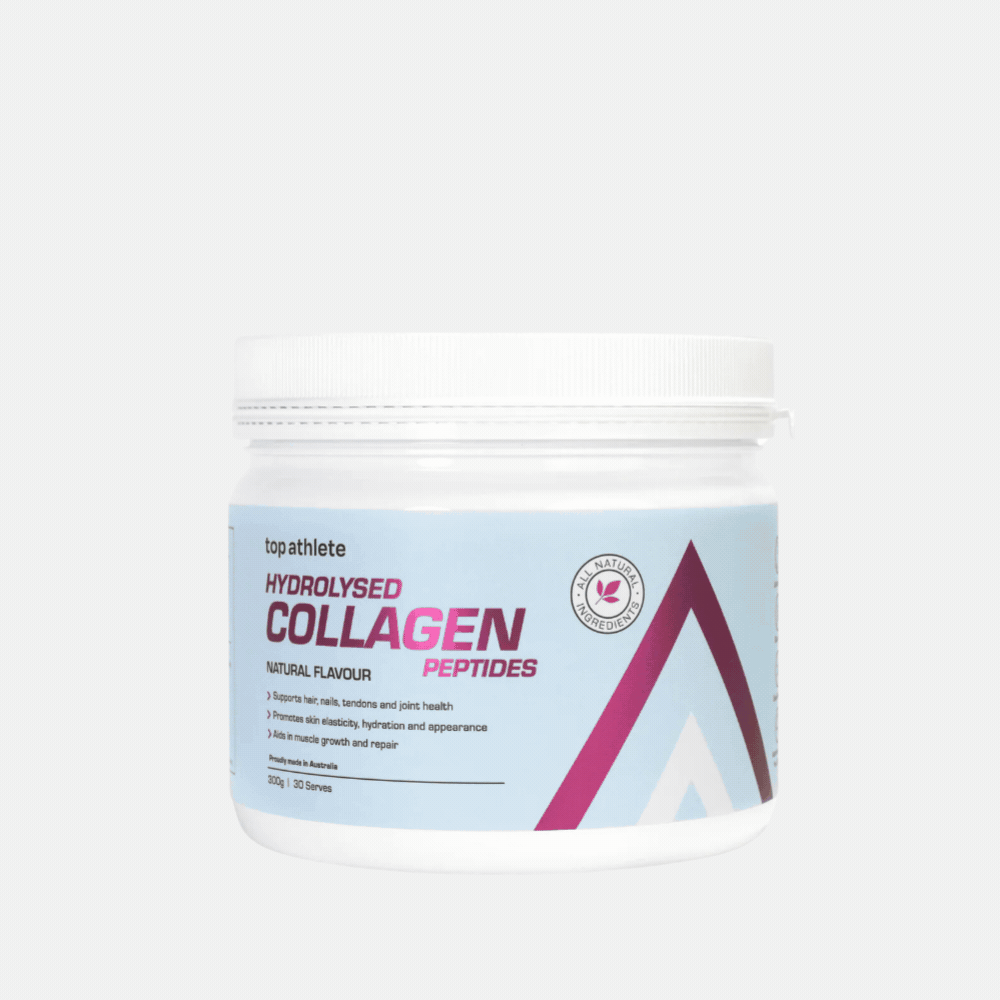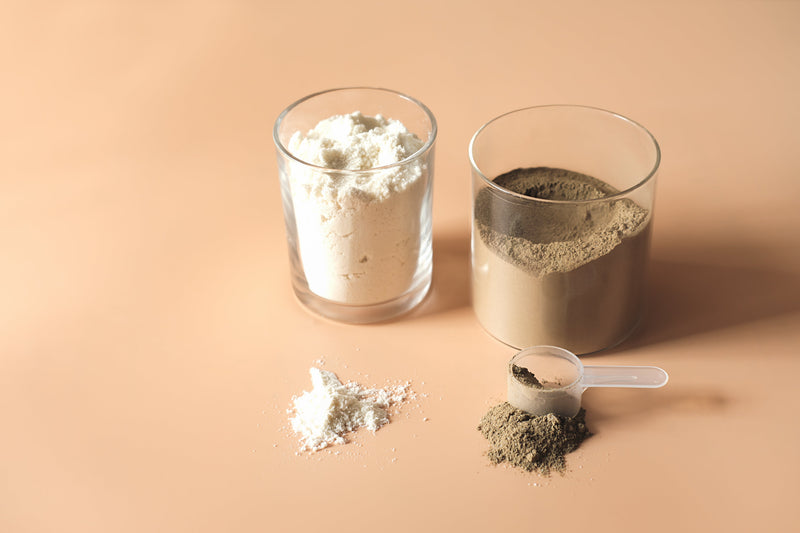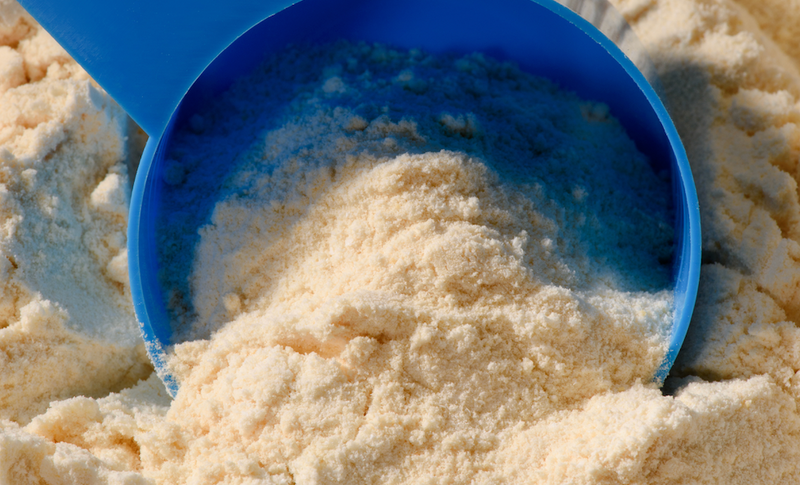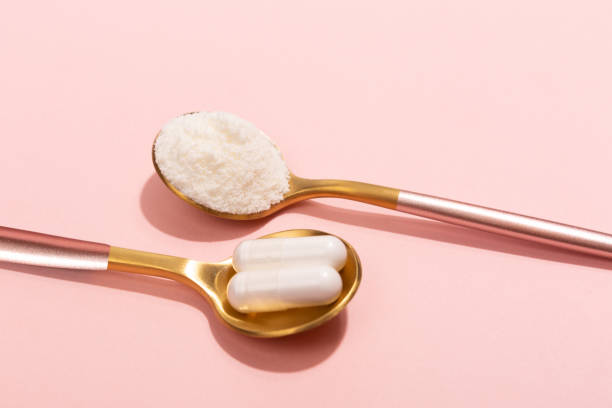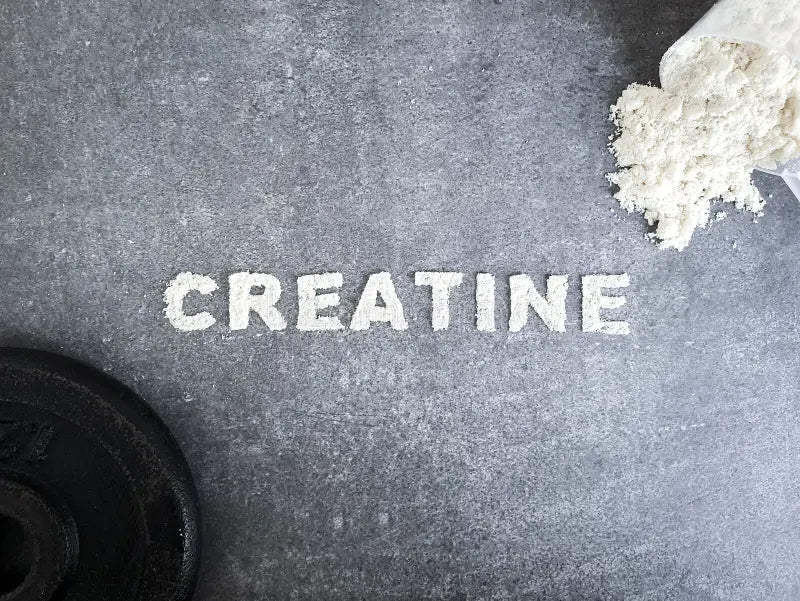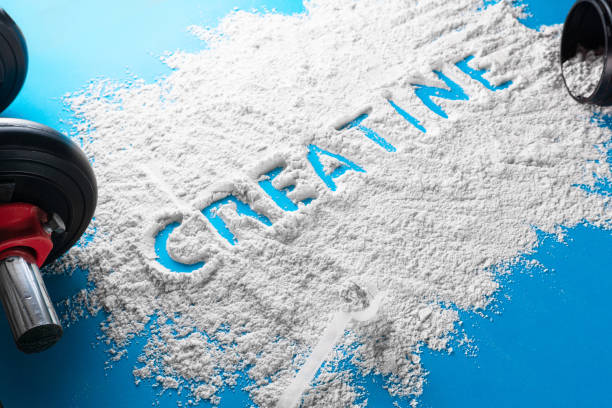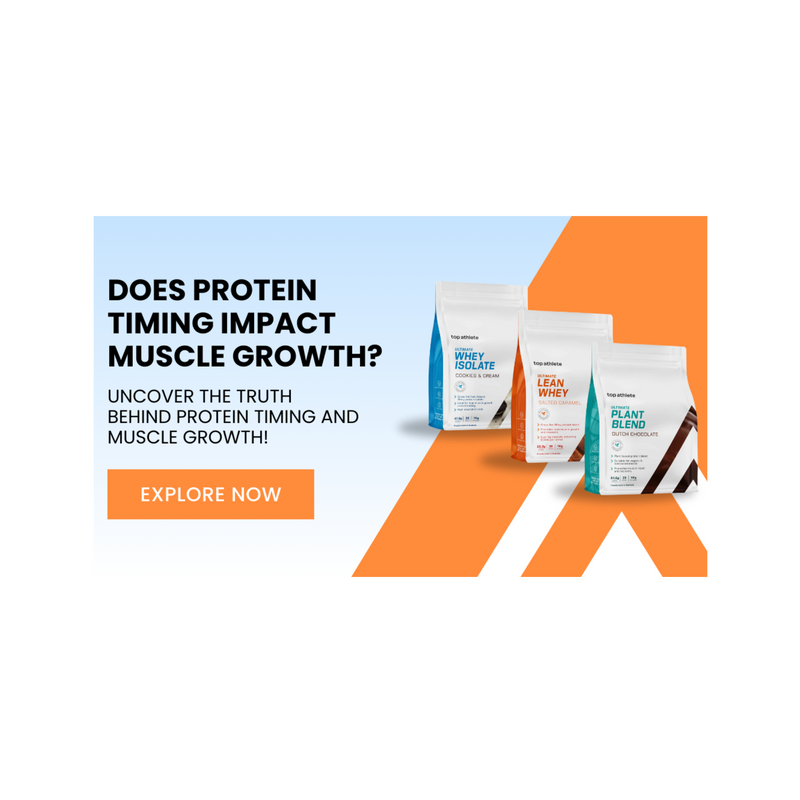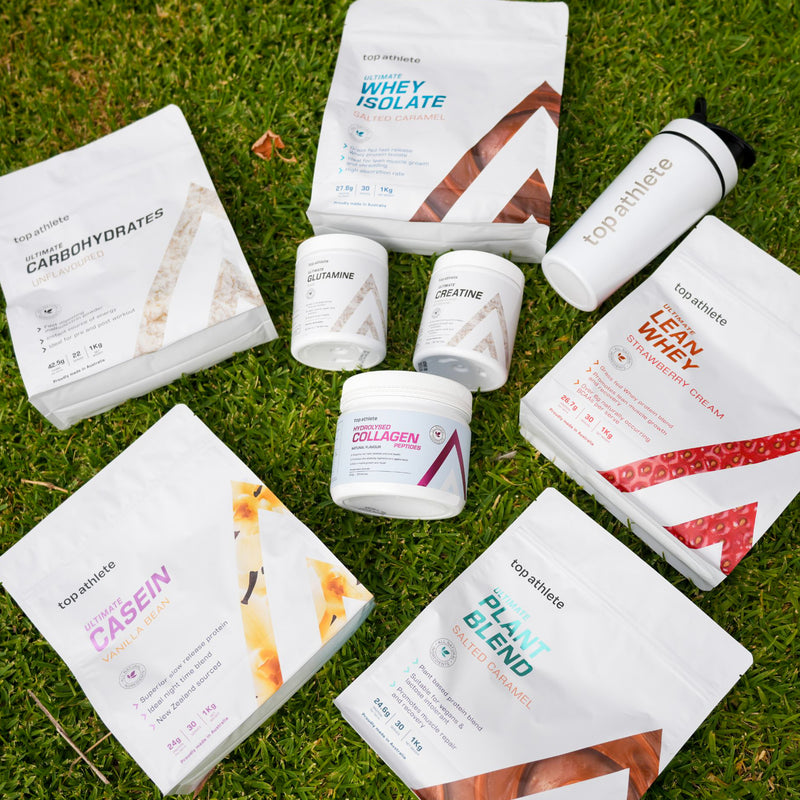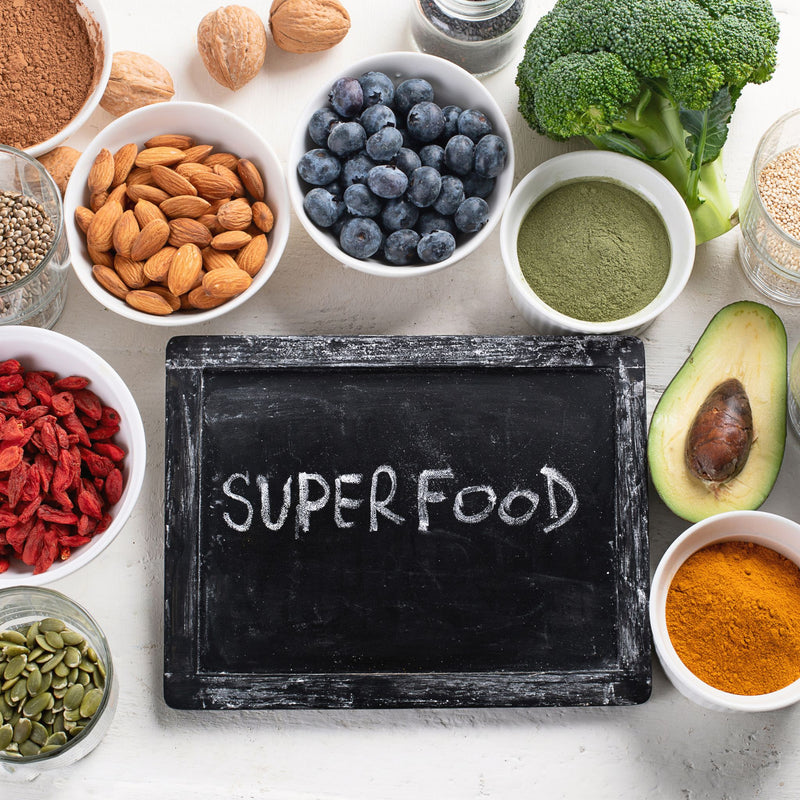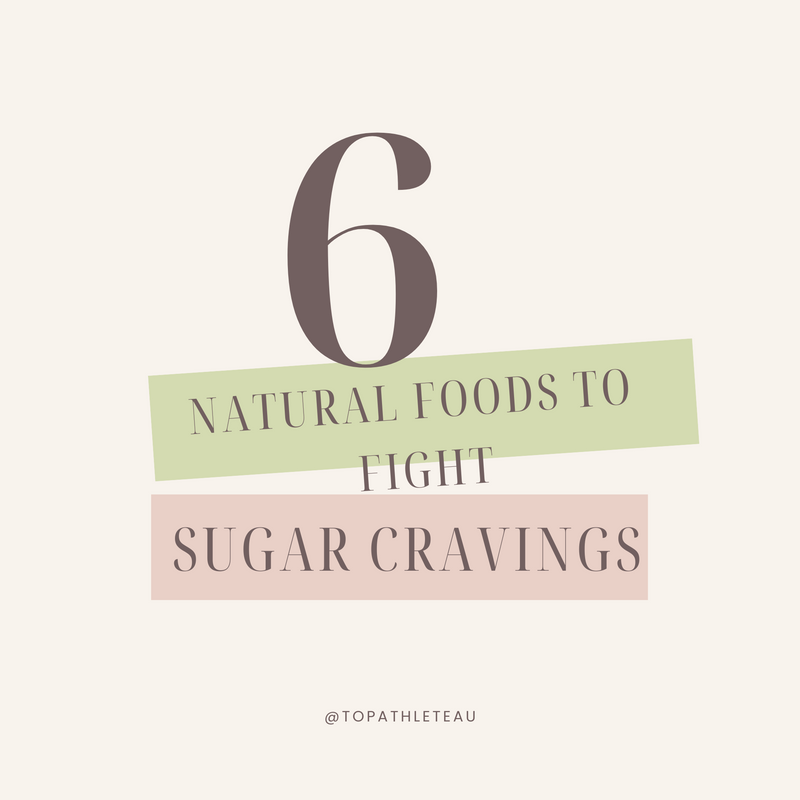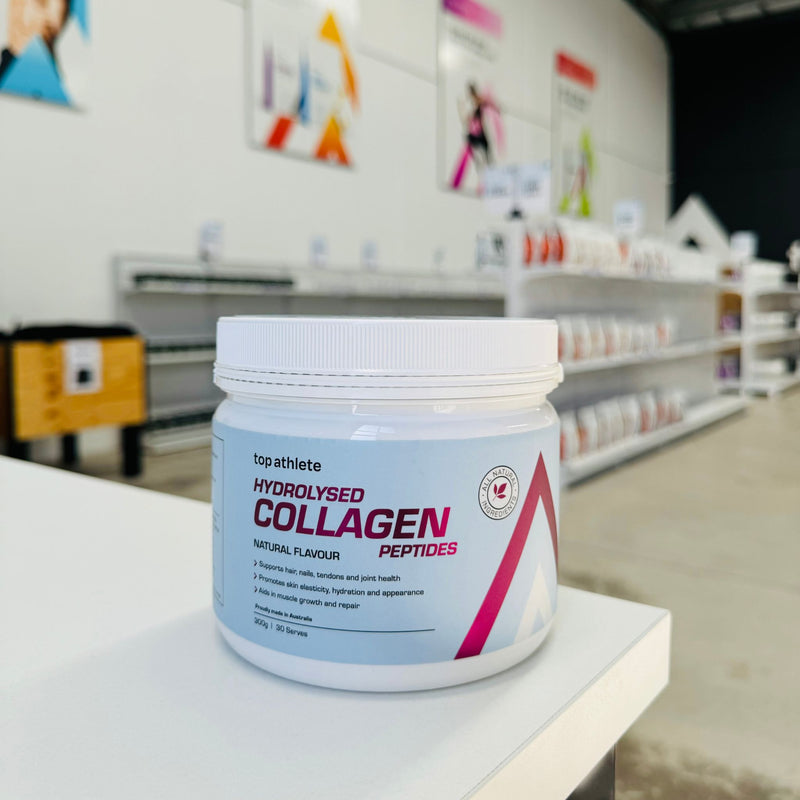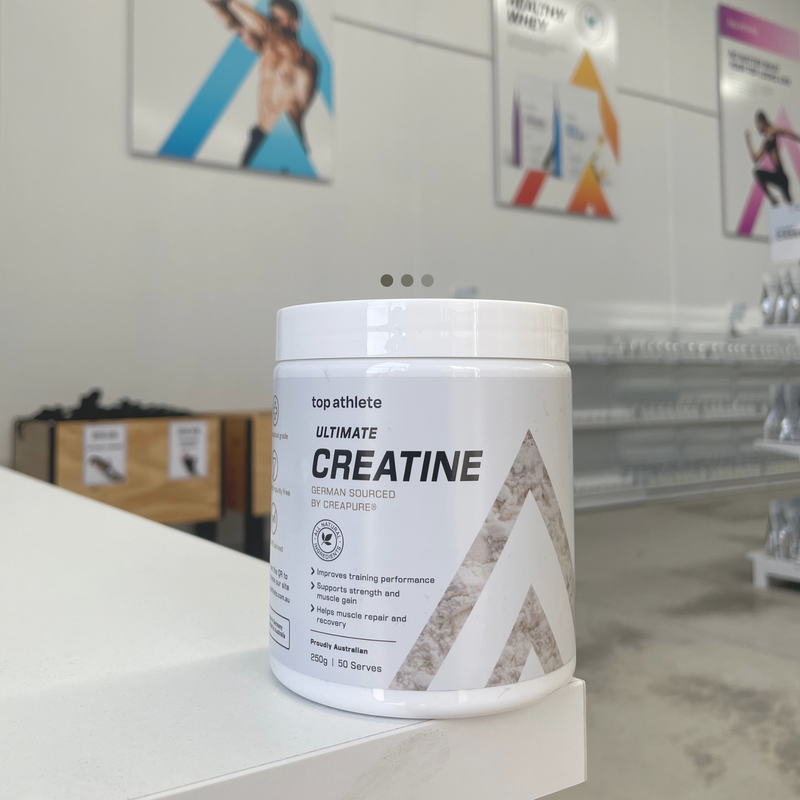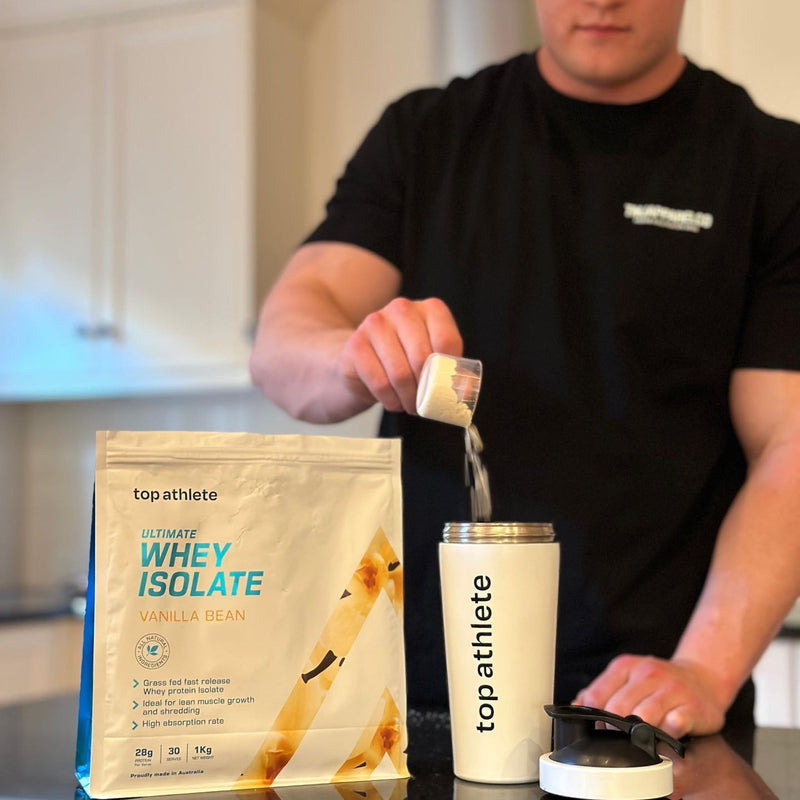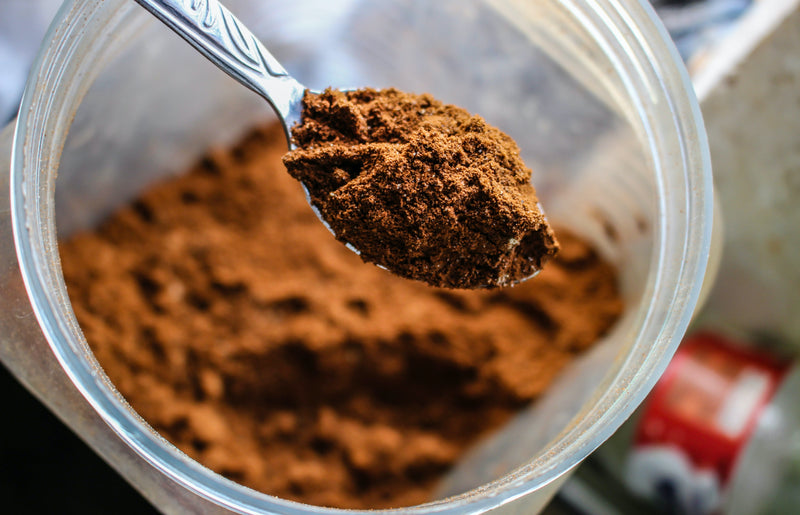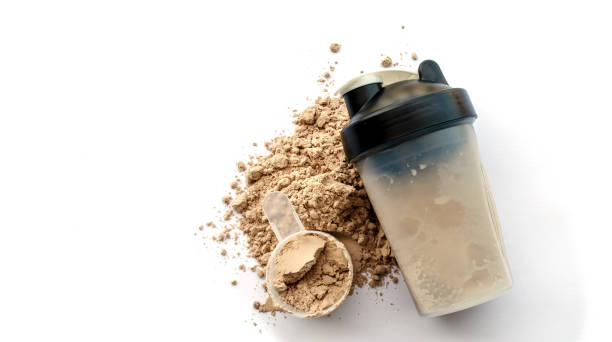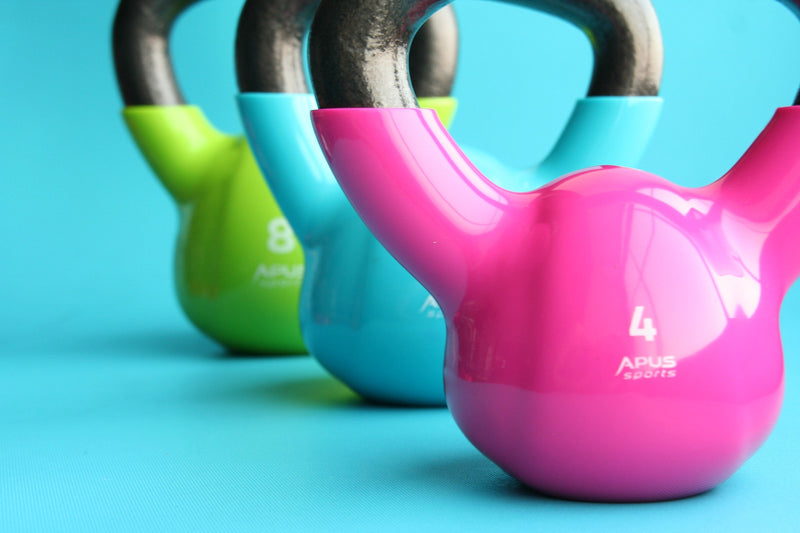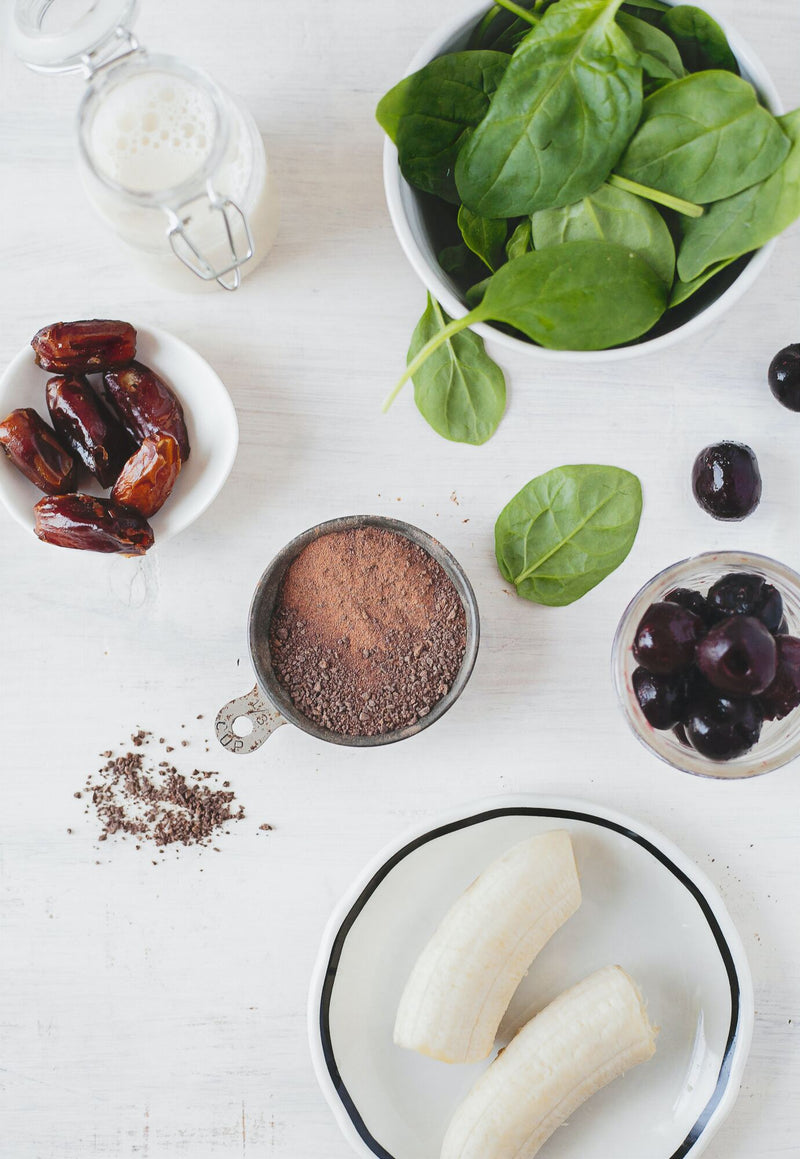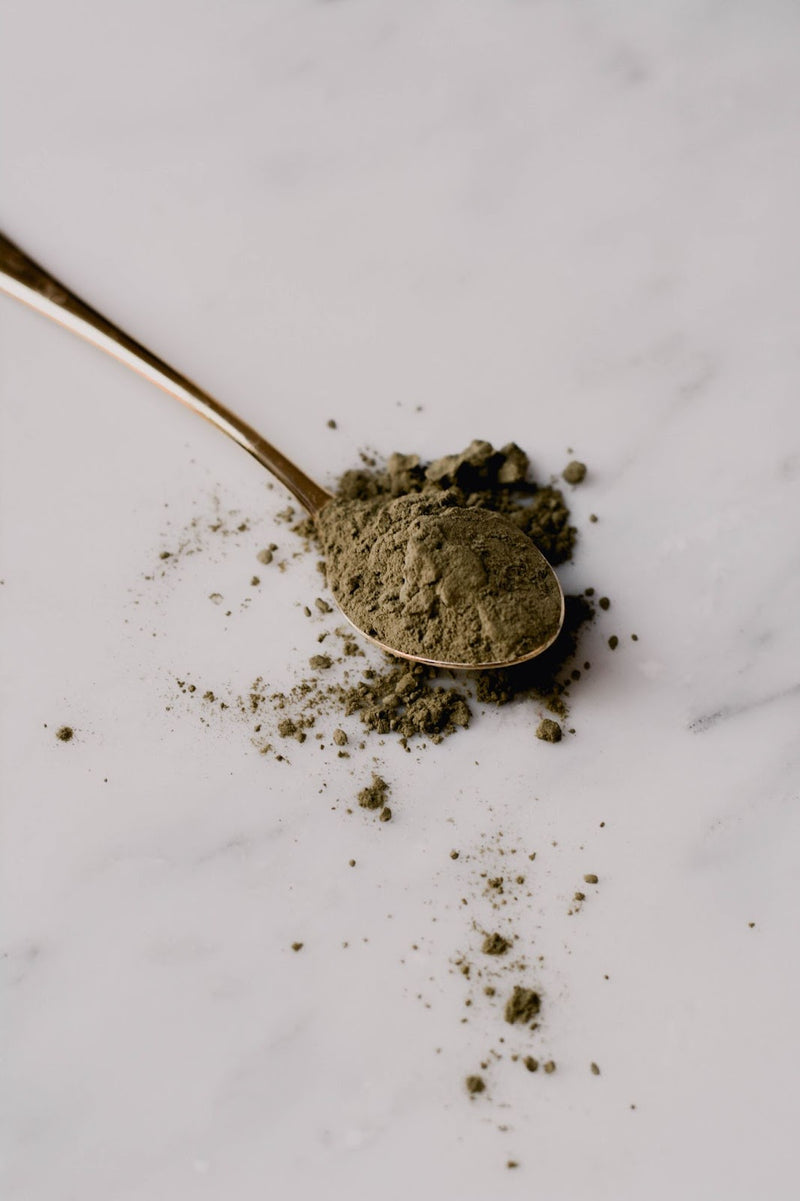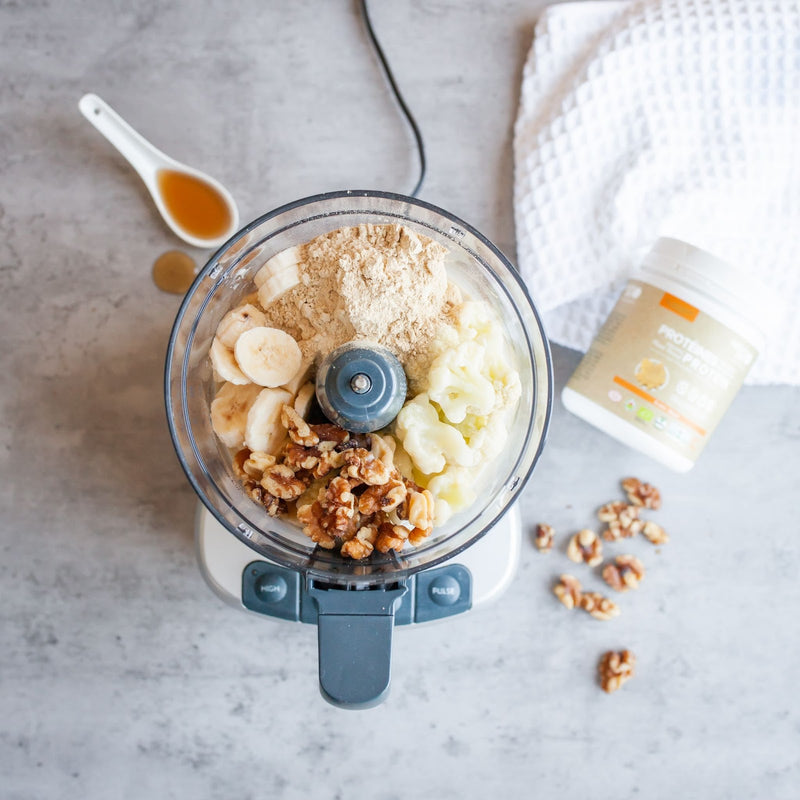The Essentials of Whey Protein vs Plant Based - Top Athlete
At any stage of body recompositioning, protein is an indispensable nutrient in the maintenance of muscle mass and strength. Looking into losing weight? Incorporating protein and resistance training can help sustain your muscle integrity, while you aim to shred your body fat percentage as much as possible. Looking to bulk? Protein becomes the holy bible in your programme as the conglomerate of amino-acids, the essential composites to muscle repair and strengthening whenever your body moves into hypertrophy.
The science of how protein influences the way you build your body is well documented for everyone to see - but the ongoing battle between plant-based protein and whey protein continues to stoke the fires of consumer debates, as one attempts to outdo the other among an overwhelming list of pros and cons.
At Top Athlete, we’ve decided to strip back the excess on this already bloated conversation, and just provide the must-know facts for those who might not be savvy, so they’re able to make a quick, vital decision. Let’s explore.
Whey Protein - The Facts
As an animal-based protein, whey is a byproduct of separating milk proteins out of its solids - a process that usually comes about from cheese manufacturers, who use these milk solids out of cow’s milk to produce their product.
Whey protein powder manufacturing uses the same method, except the focus here is on the protein extraction of whey from its other composites - which ironically account for roughly 80% of the milk protein mix. Why is whey chosen as the prize extract for so many protein powders, then, when its concentration is so low when we compare to its opposite protein concentrate, casein?
Both whey and casein contain all 9 of essential amino acids in its content, which are indispensable to the phenomenon of muscle protein synthesis. Structurally, though, whey has a better-proportioned concentrate of branched-chain amino acids (BCAAs), of which leucine has the highest volume. As the amino acid most recognised for the activation of protein synthesis pathways in gene transcription, whey is a better stimulant for muscle growth by far - making it the choice protein for individuals looking for strength gains and size.
Its absorption into the body makes for a comparatively better choice as well; Casein has a much longer rate of digestion, owed to the way the protein curds when interacting with stomach acids - whey, conversely, begins absorption within 90 minutes of consumption.
Whey highlights as the gold standard for protein powders without needing to say more than this. So what about its plant-based alternatives?
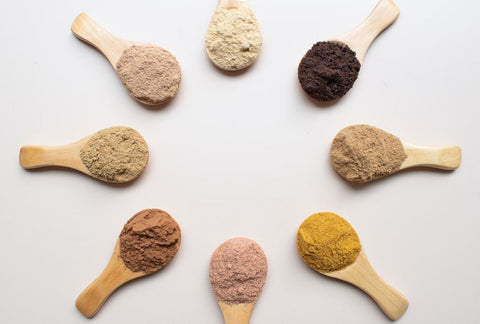
Plant-Based Protein
Plant proteins, needless to say, are derived from non-animal based products, and are generally divided across pea, hemp and soy-based powders as the most accessible and nutritious options available in the plant-based market.
Contrary to belief, the difference in protein content between plant and animal-based powders isn’t as large you’d assume - soy protein, as a matter of fact, manages to meet the standards for essential amino acids put forth by the World Health Organisation, being dense enough to sufficiently maintain a recommended daily intake for the average adult.
That said, it’s unavoidable that most plant-based protein is not nutritionally complete, meaning that not all essential amino acids are accounted for. To compensate, it’s entirely normal to combine various plant powders in order to achieve a protein profile that is balanced enough to fit your fitness goals - research and understanding of what your body needs is key though, and might not be as convenient as its milk-based counterparts.
Key Takeaways
When it comes to providing your body with the necessary quota of protein, both plant and animal proteins are completely viable pathways. Although plant-based protein doesn’t have the same holistic nourishment as whey or casein, combinations and selections can overcome these nutritional differences - just without being the most convenient or efficient choice in one go.
Ready to make a choice? Top Athlete proteins have both ready for you - check out our products to get started today!
